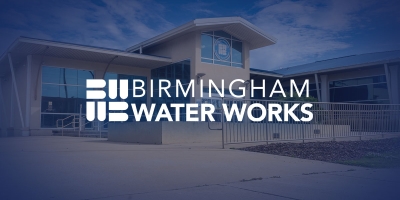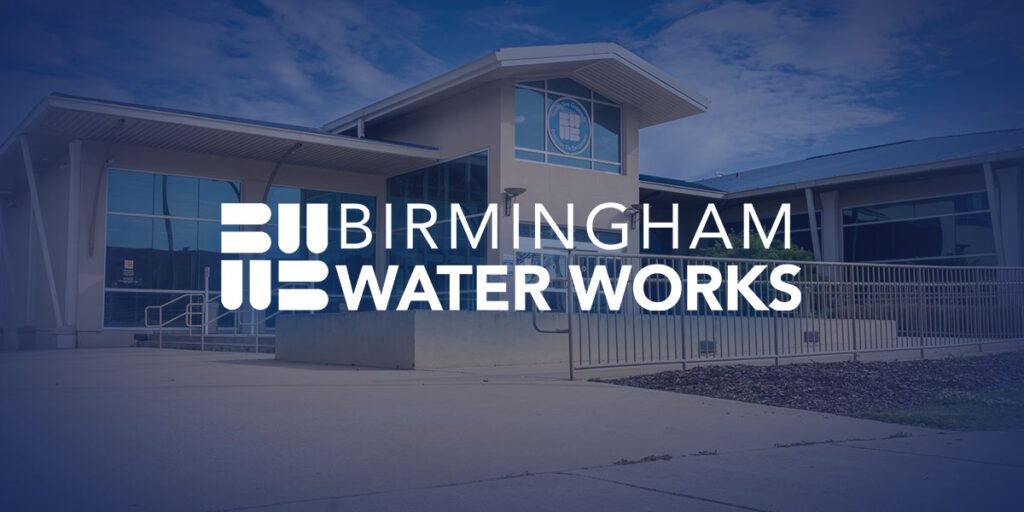
The Birmingham Waterworks Board (BWWB) is in dire need of significant reform. In light of this, Alabama Senate Bill 330 is being introduced in the legislature, backed by various sponsors.
This issue extends beyond local governance; it impacts regional and statewide interests. Water is an essential resource, and water companies play a vital role in sustaining public health by ensuring communities have consistent access to this indispensable resource.
Birmingham Waterworks stands as the largest water operator in Alabama, serving over 775,000 residential and commercial customers across five counties.
Interestingly, while Birmingham accounts for only 25% of BWWB’s clientele, it wields disproportionate influence. The city appoints two-thirds of the board members, leaving 75% of customers—both residents and businesses—without any substantial input in how this utility is run.
This dynamic evokes historical grievances similar to those that fueled the Boston Tea Party and led to the Declaration of Independence—essentially a form of taxation without representation.
If managed correctly, perhaps the BWWB could address the inadequate representation of most of its customers. However, the board has a troubling track record marked by corruption, incompetence, and poor financial management.
Consider some key points:
BWWB collects payment for only about half of the water it treats, an alarming inefficiency relative to industry standards. This so-called “missing” water stems from leaks in outdated infrastructure that haven’t been addressed. It’s quite frankly a case of gross mismanagement.
While other water systems have upgraded their infrastructure on a century-long replacement cycle, BWWB is, reportedly, on a 300-year plan. If this continues, our descendants might still be dealing with the effects of current failures in BWWB’s system.
Other water companies modernized their operations by adopting remote meter reading technology over a decade ago. This would significantly reduce costs and minimize errors. Unfortunately, BWWB still relies on manual readings, leading to escalating expenses as they miss out on easier and cheaper solutions.
The fees imposed by BWWB are among the highest in the Southeast, creating a barrier to economic growth. Businesses looking to invest in central Alabama find the high utility costs a major deterrent. Simply put, high water prices hinder Alabama’s competitiveness.
The city’s appointments to the board have often resulted in scandals, with three former board members—Joe W. Reed, Horace Parker, and Shelley Lewis—convicted for crimes during their tenure. Such a history severely undermines BWWB’s reputation and public trust.
In response to criticism, the board has sometimes opted to bring in multiple legal teams, PR firms, and lobbyists, rather than addressing the substantive issues.
Senate Bill 330 aims to rectify the governance imbalance of BWWB. It seeks to end a long history of inefficiency, waste, and scandal by ensuring that appointments reflect the actual community makeup, and by enforcing that those chosen have the necessary qualifications to lead this important utility effectively. Reform is long overdue, and it’s crucial to avoid catastrophes similar to what has occurred in Jackson, MS.
This is not solely about Birmingham; it’s about safeguarding Alabama’s economy, enhancing the integrity of both state and local governments, and holding customers and taxpayers accountable. I urge my fellow council members to support SB330—not because it’s easy, but because it’s the right thing to do.
State Senators Jabowiggoner, Dunroberts, Sheichelnut, and state legislator Jim Kerns each represent portions of Jefferson County.
















